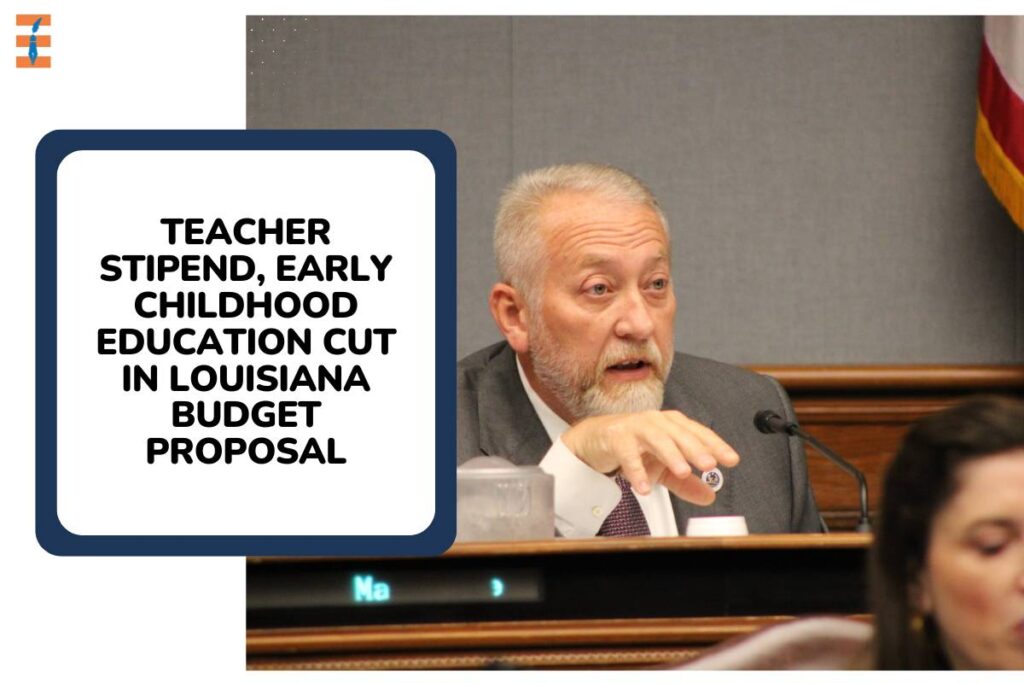Louisiana lawmakers are moving forward with a state budget proposal that has stirred controversy and concern among educators and advocates. The recent decision by the House Appropriations Committee to slash public school teacher pay and reduce early childhood education opportunities has sparked debates over priorities in education funding and overall state spending.
The proposed budget includes significant cuts to teacher pay, reducing a $2,000 pay stipend received this year to just $1,300 for the next academic year. This move is projected to save the state $71 million but has raised alarms among educators and teacher unions. Additionally, early childhood education funding took a hit with a $24.3 million cut, resulting in a loss of nearly 2,000 early education seats across the state.
Rather than maintaining teacher pay levels and early education opportunities, the committee directed funds towards other initiatives. This includes allocating $30 million for a targeted tutoring program for kindergarten through third-graders and investing $2 million in an internship and apprenticeship program. However, these reallocations have drawn criticism from education advocates who argue that compromising teacher pay and early education quality undermines the state’s education system.
Another contentious aspect of the budget proposal is the allocation of $25 million towards a differential teacher compensation strategy. While this approach aims to address shortages in critical teaching positions, such as math, science, and special education, concerns remain about the stability and fairness of such temporary salary adjustments.
Impact on Education System and Beyond
The potential teacher pay cut and reduced early childhood education seats have sparked concerns about teacher morale and retention rates. Cynthia Posey, spokeswoman for the Louisiana Federation of Teachers, expressed disappointment, stating that the proposal sends a negative message about valuing educators’ contributions.
The budget plan also highlights disparities in funding priorities, with significant salary increases for government officials and law enforcement juxtaposed against cuts in essential education sectors. While public safety and criminal justice funding saw substantial boosts, issues such as supporting aides for people with disabilities or addressing maternal mortality rates did not receive adequate attention in this budget iteration.
In a noteworthy allocation, the committee proposed $3 million for anti-abortion pregnancy resource centers previously funded through federal channels. This decision reflects ongoing shifts in funding strategies amidst political and policy changes at the federal level.
Advocating for Prioritized Budget Allocations
The budget proposal comes amidst broader financial challenges expected in the upcoming years, including a substantial budget shortfall projected for 2025. This fiscal landscape underscores the complexity of balancing immediate needs with long-term financial sustainability across various sectors.
As the budget proposal moves through legislative processes, stakeholders continue to voice their concerns and advocate for adjustments that prioritize education, social services, and essential community needs. The final budget decisions will reflect not just fiscal considerations but also the state’s values and commitments to its citizens’ well-being and future prosperity.
Also Read: A Comprehensive Exploration of Early Childhood Education










